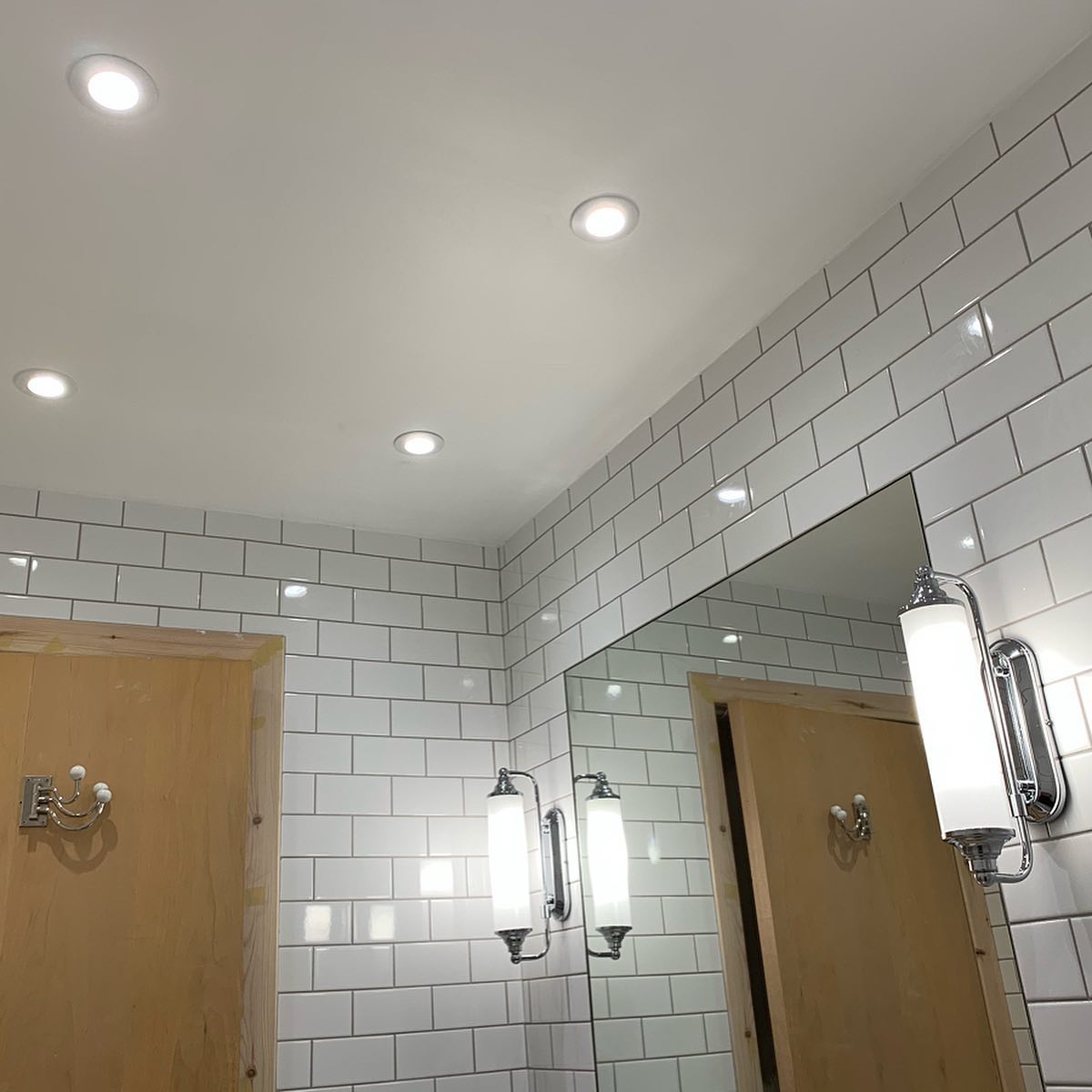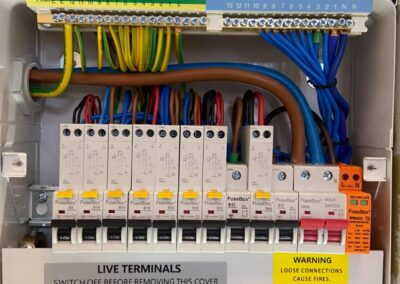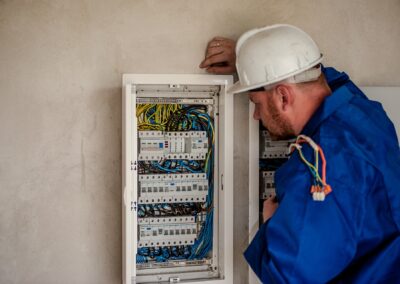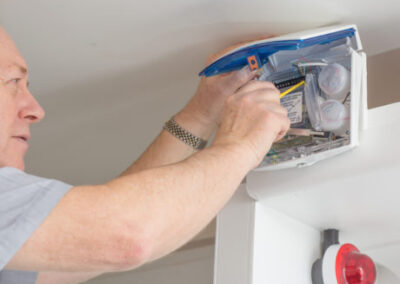Electric Shower Installation
If you need to find a professional shower installation near me, then we’re here to help. There’s a few things to keep in mind when having an electric shower installed, and one of the most important is that these showers require a lot more electric current than your standard mains water heating system does. That means it can be very dangerous if not done right by professionals who know what they’re doing.
The cost of getting an electrical shower installed starts at about £300-£400 usually, with anything higher being closer to the price of installing a brand new central heating system just for your showers. A benefit worth mentioning however is that because baths are so much cheaper to run than other sorts of showers, it may end up being cheaper to install an electric shower in your bathroom, even though you have to pay a couple hundred quid for the installation.
Looking at the price of having one of these showers installed, people generally think they’re very expensive but if you compare it with what you’d have to spend on fuel for a central heating powered shower every month, it’s actually pretty good value. As long as you know where to go and who can do it professionally!
The electric heating element of a shower is usually either a cartridge heater – these are popular because they’re simple to maintain, or more commonly a sheathed immersion heater that screws into the bottom of a bath or shower tray. It’s important that water doesn’t exceed 60 degrees centigrade as this can cause scalding.
An electric shower should also have an RCD or residual current device fitted to protect against electrical faults.
Installation of electric showers seems like a fairly simple process but there are some things that you need to consider before purchasing one:
- The power supply must be adequate for the electric shower in question, and adequately protected by a residual current device (RCD). This will prevent any accidents caused by misuse or faulty installation.
- There needs to be sufficient water pressure available since many electric showers will require more than one bar of pressure, and is not always easy to provide with drainage problems.
- You should consider a fixed or a flexible shower hose, the former being the more expensive option but also best for your safety. Flexible hoses are not completely rigid and therefore can cause injury if you move theshower head too quickly into an awkward position. In addition, it makes it easier to use when bathing children or using in other locations such as conservatories.
Key Considerations: Electric Shower Installation
The key considerations to be made before embarking on a new electric shower installation are:
- What type of electric shower do you want? This depends on a few factors including your budget, the space available and the style of the bathroom. Some showers need to be surface-mounted while others can be recessed into a niche or have an enclosed cubicle.
- Recess kits will save on space if you have enough wall space available but they can look ugly if not installed properly so make sure this kind of installation won’t look out of place in your bathroom. Surface mount pumps can take up less room but provide less water pressure and may require some formwork to ensure a level base for mounting it onto.There’s also a wide range of styles from traditional white panels to chrome plated brassware with several smart looking shades of chrome to choose from.

- Other accessories include thermostatic and mixer valves which can be installed to avoid scalding or freezing and automatically change the temperature as you shower, as well as a wide variety of heads ranging from traditional ‘raindrop’ types to more powerful ‘shower-pods’.
- For those who have mobility problems, there are hand held showers available that move with the user so they’re not left out just because they have trouble moving. These often feature extra sprayers for other areas such as soaping up but some also have high pressure jets for a good cleansing rinse. There’s also a range of different kinds of handheld shower poles including wall brackets so you don’t have to hold them by hand all the time.
Alpha Electricians Nottingham Website: www.nottingham-electrician.co.uk
What about power shower installations?
This can be more convenient as you can just plug it into a nearby socket and switch on, rather than having to worry about providing hot water storage tanks and so forth. However you do still need access to mains water so bear this in mind.
If you do go for this option then it really is as simple as that, plug it into the socket and switch on. These showers are available with all the different properties of showering, some include built-in thermostats to avoid scalding. There’s also booster pumps if your main supply isn’t strong enough to power your shower too.
The cost of these showers can vary depending on what you need but they tend to be reasonably cheap, not like investing in a whole new home heating system which might be an option if you don’t have mains water currently either. As long as there’s electricity close by and somewhere to fix the unit without causing any damage then installation should be very easy indeed.
The next thing you should know about getting an electric shower fitted is that there are 3 main different types available – all giving off a different type of experience. Electric showers vary from really high pressure jets that feel like rainfall, which usually come with their own detachable face or hand-held attachment. Then you have those that give off a steady flow like a running tap, which can be either overhead (similar to the rainfall ones) or mounted above the bath as well.
Finally, there are those with no frills – low pressure and simple to use but great for those who may not need much more than hot water coming from their shower.
You also need to consider exactly where you’re going to want your shower fitted (and by whom), and what type of look and feel you’d like that installation to go with. If it’s going in your ensuite bathroom then perhaps a rain-head style is best; if it’s going in your main bathroom maybe one of the others would be better suited – low pressure so it can be used for a bath as well.
Or, if you want to get really creative, you could even have a hand-held one that works in conjunction with the overhead head.
Comfort is paramount when it comes to showers and there are a variety of different options available on the market today.




